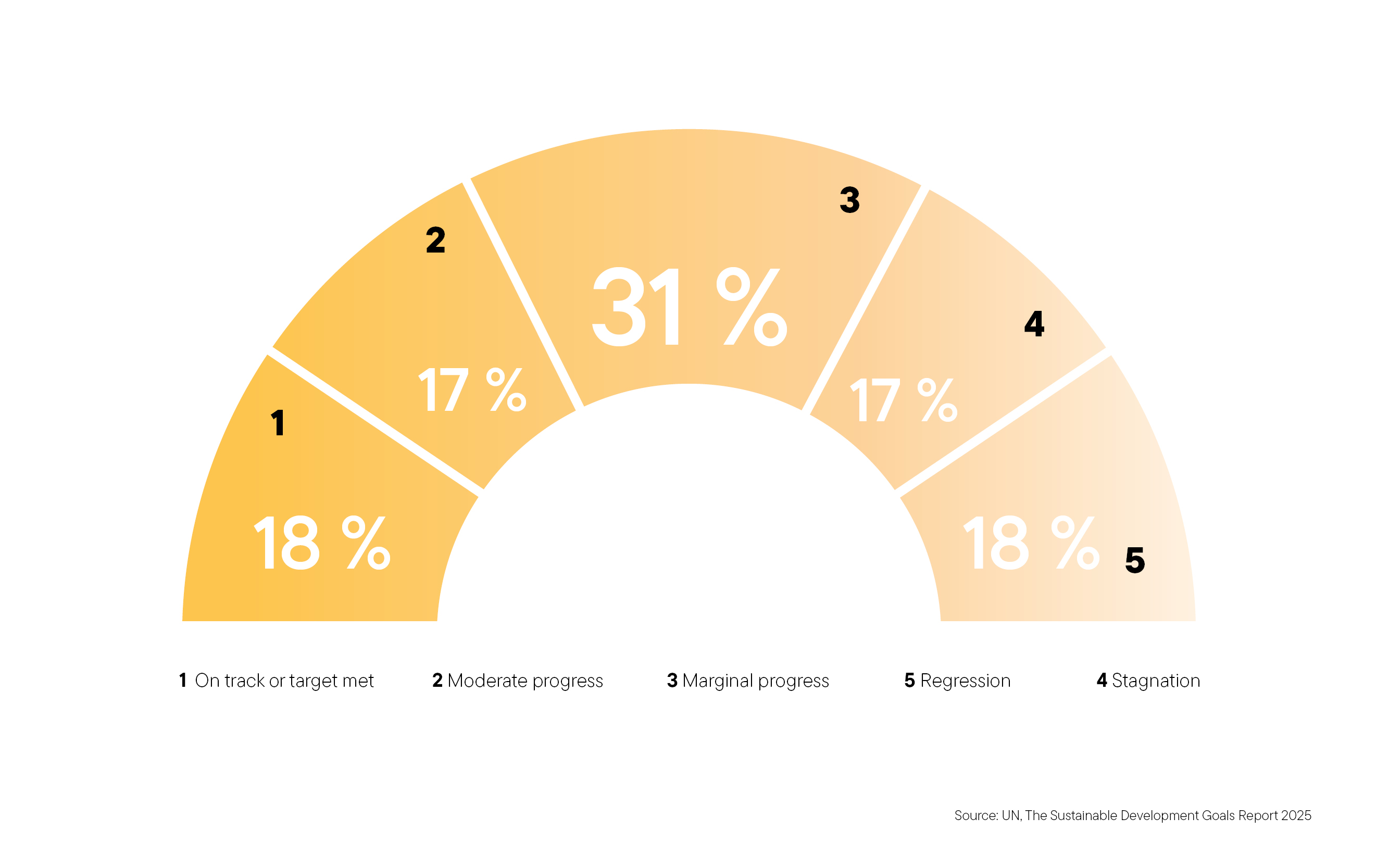A prize Mugabe deserves
Okay, it is not the real Nobel Peace Prize. A Hong Kong-based association hands out the so called Confucius Peace Prize as an alternative to Nobel Peace Prize, which is the most prestigious award in the western world. The Confucius Peace Prize was established in 2010 after the Norwegian Nobel Committee infuriated Beijing by choosing Liu Xiaobo, the jailed dissident writer, for the peace prize.
The Beijing-run Global Times newspaper has stated that Mugabe beat competition from candidates including Microsoft founder Bill Gates and South Korean President Park Geun-hye. Wow. And for what reason?
“Ever since Robert Mugabe was sworn in as the president of Zimbabwe in the 1980s, he has worked hard to bring political and economic order to the country and to improve the welfare of the Zimbabwean people by overcoming hardship,” the prize committee pointed out. It praised Mugabe for nation building and his service to pan-Africanism since becoming chairman of the African Union earlier this year.
As was to be expected, the news of the Chinese tribute to Zimbabwe’s leader sparked fury among opposition groups in the country and ridicule among human rights activists. “The rule of Mugabe is paved with blood, violence, arson and cruelty.” That, according to The Guardian (http://www.theguardian.com/world/2015/oct/22/zimbabwes-robert-mugabe-awarded-chinas-nobel-peace-prize), was the comment of Gorden Moyo, the secretary general of an opposition party in Zimbabwe.
Financial Times-columnist David Pilling conducts an interesting analysis and sees the award as an example of a broader trend: “Slowly but surely, China’s Communist party is seeking to establish a parallel narrative to the western-centric view of the world. For most of the past century, American concepts of democracy, the sovereignty of the individual and the rule of law have been seen as universal. China is beginning to challenge that.” Beijing, Pilling argues, is more interested in a cohesive nation, a strong government and material progress.
Zimbabwe actually saw hyperinflation, food shortages and a cholera epidemic in its recent past. Does that count as “material progress”? And what do mass murder – for instance in the Gukurahundi massacres of the 1980s – or violence in election campaigns tell us about Zimbabwe’s sense of national cohesion? Mugabe evidently only excels in authoritarian rule, which is probably the Chinese priority.
What is most ironic, Mugabe had the guts to turn the prize down. According to Zimbabwean local media, the reason was that it is not awarded directly by China’s government. Experts say, however, that no Chinese organisation would dare to award such a prize without an okay from Beijing. The old dictator not only rejected a gold trophy, but also the prize money of 500,000 yuan (€ 72,000), which he surely could have used to rebuild his wretched country.
Nobody knows what drives Mugabe. A lot of people think that he is losing his mind. He recently held exactly the same speech twice in parliament within a month. His refusal to accept the prize probably tells us that China has not managed to become the world’s new moral authority. Maybe Mugabe would rather like to be awarded the real Nobel Peace Prize?








